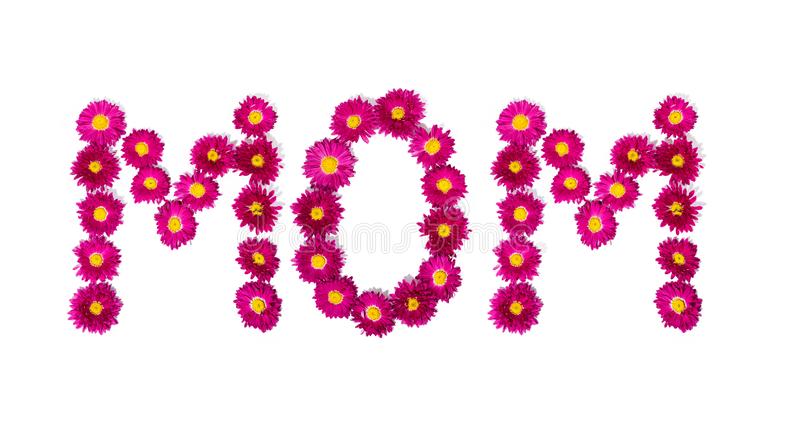As far back as I can remember, Mama was telling people they were in the wrong line of work and suggesting alternative careers.
在我的记忆中,妈妈告诉人们他们从事的工作不对,并建议其他可供选择的职业。
If the landlord fixed the sink, she told him he should have been a plumber.
如果房东修好了水槽,她就告诉他应该去做水管工。
If he couldn't fix it, Mama would wait until the plumber came and then tell him he should have been a landlord.
如果他没修好,母亲会等到水管工来,然后告诉他应该做房东。
And if either one of them told her a joke, Mama would have to know why he hadn't gone into show business.
如果他们中的任何一个给她讲一个笑话,妈妈就会想知道他为什么没去当演员。
My turn came when I grew up and became a housewife. "You missed your calling," Mama sighs, examining the doodles on my phone book.
当我长大后做了家庭主妇,就轮到我了。“你没接到电话,”母亲看着我电话簿上的涂鸦后,叹息着。
"You should have been an artist."
“你应该做个艺术家。”
Later, I tell her how I returned rancid fish to the supermarket and demanded a refund, and she amends this to lawyer.
后来,我告诉她我是如何把变质的鱼送回超市并要求退款,她把这件事告诉了律师。
I know it's horse feathers, but I like it.
我知道这是马毛,但我喜欢。

"You missed your calling," I tell Mama. "You should have been a vocational counselor."
“你没接到电话,”我告诉母亲。“你应该当个职业顾问。”
"I know," she sighs. "But that's life. Maybe now that it's spring ..."
“我知道,”她叹息道,“但这就是生活,也许现在是春天了……”
According to Mama, there is no problem that will not be a little bit solved by the coming of spring.
根据母亲的说法,没有哪个问题在春天到来时解决不了。
I grew up believing that there was only one correct way to end a discussion of things unpleasant or troublesome:
我从小就相信,只有一种正确的方法可以结束对不愉快或麻烦事的讨论:
nod at the calendar, pat somebody on the back if possible, and sigh, "Maybe in the spring ..."
朝日历点头,可能的话拍拍某人的背,然后叹口气说,“也许在春天……”
I could understand how certain problems—sinus conditions, chapped lips, sticking windows—would respond to the change of seasons.
我能理解鼻窦炎、嘴唇皲裂、封住窗户等问题,随着季节的变化而改变。
But I never tried to unravel the spring magic that Mama vowed would help me understand fractions or long division.
但我从未试图解开母亲发誓会帮我理解分数或多项式长除法的春天魔法。











